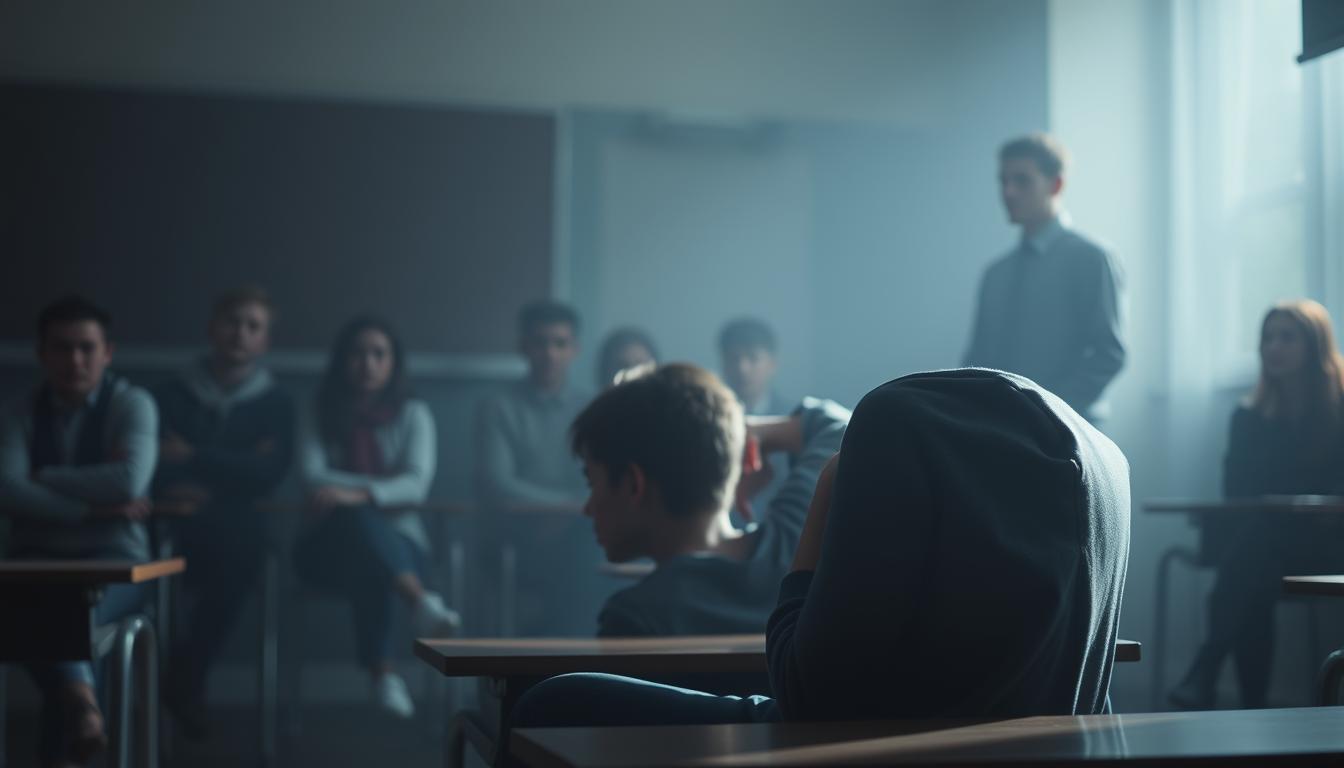As the academic year draws to a close, therapists and clinicians in educational settings often find themselves at a crossroads, reflecting on the progress made with their students and the challenges they’ve faced.
This period of reflections is crucial, offering a valuable opportunity for professionals to assess their strategies, celebrate their successes, and identify areas for improvement.
By taking the time to reflect and reset, therapists can return to their work with renewed energy and a fresh perspective, ready to tackle the new academic year with confidence.
Key Takeaways
- Reflecting on the past year’s challenges and successes is essential for growth.
- Resetting strategies can help therapists approach the new year with renewed energy.
- Self-assessment is a critical tool for professional development.
- Planning ahead can enhance the effectiveness of therapeutic interventions.
- A fresh perspective can lead to improved outcomes for students.
The Emotional Landscape at School Year’s End
As the school year draws to a close, clinicians often find themselves navigating a complex emotional landscape. The culmination of the academic year can evoke a range of feelings, from relief and accomplishment to exhaustion and anxiety about the transition ahead.
The emotional toll on clinicians should not be underestimated. The intense period of supporting students through challenges, managing caseloads, and collaborating with educators can lead to emotional depletion.
Recognizing the Signs of Burnout
It’s crucial for clinicians to recognize the signs of burnout, which can include chronic fatigue, decreased motivation, and a reduced ability to cope with the demands of their role. Early recognition is key to managing burnout effectively.
By acknowledging the emotional challenges and taking proactive steps to manage their well-being, clinicians can better navigate the end of the school year and emerge stronger for the year ahead.
Meaningful Reflections for Therapists and Clinicians as the School Year Ends
For school-based therapists and clinicians, the conclusion of the academic year is an ideal time to engage in meaningful self-reflection. This process allows professionals to assess their practices, identify areas of improvement, and refine their approaches to better support their students.
Self-reflection is a powerful tool for growth and improvement. By examining their experiences and challenges, therapists and clinicians can gain valuable insights into their support services and make informed decisions for future practice.
Using Reflection to Inform Future Practice
Reflecting on the past year’s work helps therapists and clinicians to understand what worked well and what didn’t. As noted by a renowned expert in the field, “Reflection is the bridge between experience and learning.” This reflection can inform future practice, enabling professionals to adjust their strategies and improve their support services.
By embracing self-reflection, therapists and clinicians can enhance their professional development and provide more effective support to their students. This reflective practice is essential for delivering high-quality services and achieving positive outcomes.
“The biggest adventure you can take is to live the life of your dreams.”
This mindset is particularly relevant for therapists and clinicians as they reflect on their practices and plan for the future.
Specialty-Specific Reflection Strategies
Tailoring reflection to the specific needs of different therapy specialties can enhance professional growth as the school year winds down. Different specialties within school-based therapy, such as speech therapy and occupational therapy, face unique challenges and opportunities.
Tailoring Reflection to Specialty Needs
For speech therapists, reflection might focus on the effectiveness of communication strategies used with students, while occupational therapists might reflect on the adaptability of their interventions to meet diverse student needs. “The key to effective reflection is to identify what worked well and what didn’t, and to use that information to inform future practice,” notes a leading expert in the field.
At the end of the school year, taking the time to reflect on the past year’s challenges and successes can help therapists and clinicians manage stress and prepare for the year ahead. By tailoring reflection to the specific demands and opportunities of their specialty, professionals can maximize their growth and better support their students.
“Reflection is not just about looking back; it’s about using those insights to move forward with a clearer vision and renewed energy.”
By adopting specialty-specific reflection strategies, school-based therapists can not only enhance their professional development but also improve their ability to manage stress during the transition between school years.
Self-Care and Stress Management During Transition
As the academic year winds down, it’s essential for therapists to prioritize their own self-care and stress management. Transitioning between school years can be particularly challenging for speech therapists and occupational therapists, who often work under intense emotional demands.
Effective self-care is not just about relaxation; it’s about creating a sustainable routine that supports overall well-being. This can include setting realistic goals, practicing mindfulness, and engaging in activities that bring joy and fulfillment.
Effective Stress Management Techniques
Several stress management techniques can be particularly beneficial for therapists during transitional periods. These include deep breathing exercises, journaling, and seeking support from colleagues or mentors. By incorporating these practices into their daily routine, speech therapists and occupational therapists can better manage stress and maintain their professional efficacy.
Prioritizing self-care and adopting effective stress management strategies are crucial steps in navigating the challenges of the school year’s end. By doing so, therapists can ensure they are well-prepared for the demands of the upcoming year.
Strategic Planning for the Coming School Year
With the new school year on the horizon, school psychologists and social workers can benefit from a well-crafted strategic plan. This plan will enable them to set clear goals and objectives, aligning their efforts with the needs of their students and the school community.
Effective strategic planning involves assessing the current situation, identifying areas for improvement, and developing strategies to address these needs. For school psychologists and social workers, this might include enhancing student support services, improving collaboration with teachers, or developing new programs to address emerging student needs.
Developing a Strategic Plan
To develop a strategic plan, start by gathering data on current practices and their impact. This could involve reviewing student outcomes, soliciting feedback from teachers and students, and analyzing existing programs. With this information, school psychologists and social workers can set realistic goals and develop targeted interventions to achieve these objectives.
By taking a proactive and strategic approach, school psychologists and social workers can maximize their impact and contribute to a successful new school year.
Conclusion: Embracing Renewal and Professional Growth
As the school year comes to a close, school-based therapists and clinicians can reflect on their accomplishments and challenges. By incorporating meaningful reflection strategies, prioritizing self-care, and engaging in strategic planning, professionals can position themselves for success in the coming year. Partnering with organizations like inhealth staffing can also provide valuable support and resources to enhance their practice.
Embracing renewal and professional growth is essential for maintaining a high level of care and commitment to students. By taking the time to reflect on their experiences, manage stress, and plan for the future, therapists and clinicians can return to their work with renewed energy and dedication. As the new school year approaches, professionals can feel confident and prepared to make a positive impact on the lives of their students.
FAQ
What are some effective ways for school-based clinicians and therapists to manage stress during the transition to a new school year?
How can speech therapists and occupational therapists tailor their reflection strategies to their specific needs?
What role does self-reflection play in the professional growth of school-based clinicians and therapists?
How can school psychologists and school social workers benefit from strategic planning for the coming school year?
What support services are available to school-based clinicians and therapists during the transition to a new school year?




